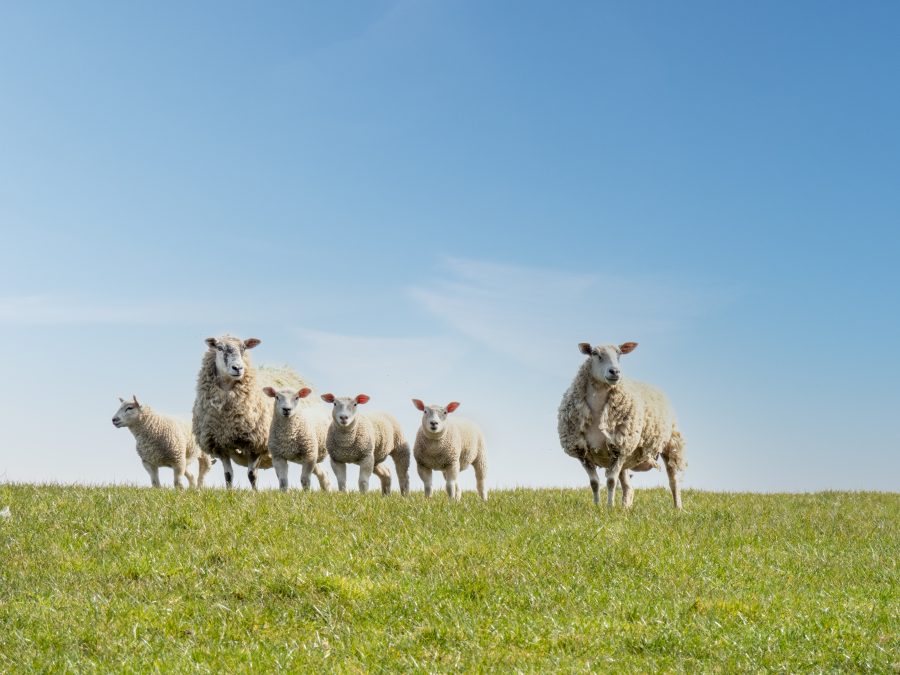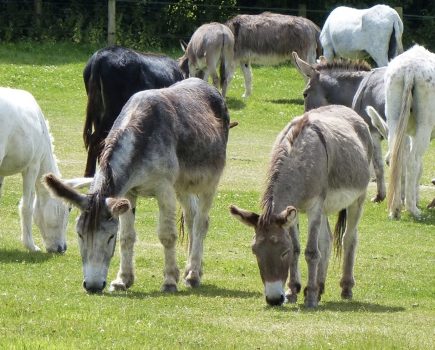The National Animal Disease Information Service (NADIS) Blowfly Forecast suggests local sheep flocks are at high risk of blowfly strike due to current weather conditions across the UK.
According to NADIS, one in 100 animals might be struck. All at-risk animals should have had preventative treatment applied in advance of the medium and high-risk periods.
NADIS is urging animal owners to remain vigilant for signs of strike, as preventative treatments applied early in the season may no longer be working. Depending on the product used, a second application may be required.
NADIS advises that sheep should be checked twice daily, with signs of strike including:
- Discomfort
- Agitation or restlessness
- Disturbed grazing
- Separation from flock
- Kicking or nibbling at affected areas
- Damp/discoloured fleece
- Lameness and wounds
- Dull and sick animals
- Animals found dead
NADIS advises that animals should be observed from a distance as disturbing them could obscure any abnormal behaviour.
The earlier strike is recognised; the more effective treatment will be. Often the struck area is not obvious until the animal is handled and the fleece parted.
Animals with conditions such as footrot, scour, lumpy wool and existing wounds are at greater risk of suffering from fly strike.
Treatment
Prompt treatment is vital and veterinary advice should be sought for severely affected or sick sheep.
NADIS advised clipping the entire affected area and applying an effective product to kill the maggots, noting that Insect Growth Regulators (IGRs) e.g. Dicylcanil and Cyromazine do not kill maggots.
About NADIS
The National Animal Disease Information Service (NADIS) was formed by livestock vets in 1995 to promote animal health and welfare through improved disease prevention, delivered by active veterinary health planning. Information on diseases affecting cattle, sheep, pigs, poultry and game birds can all be found at nadis.org.uk
More news like this can be found in The Country Smallholder magazine. Subscribe here.








